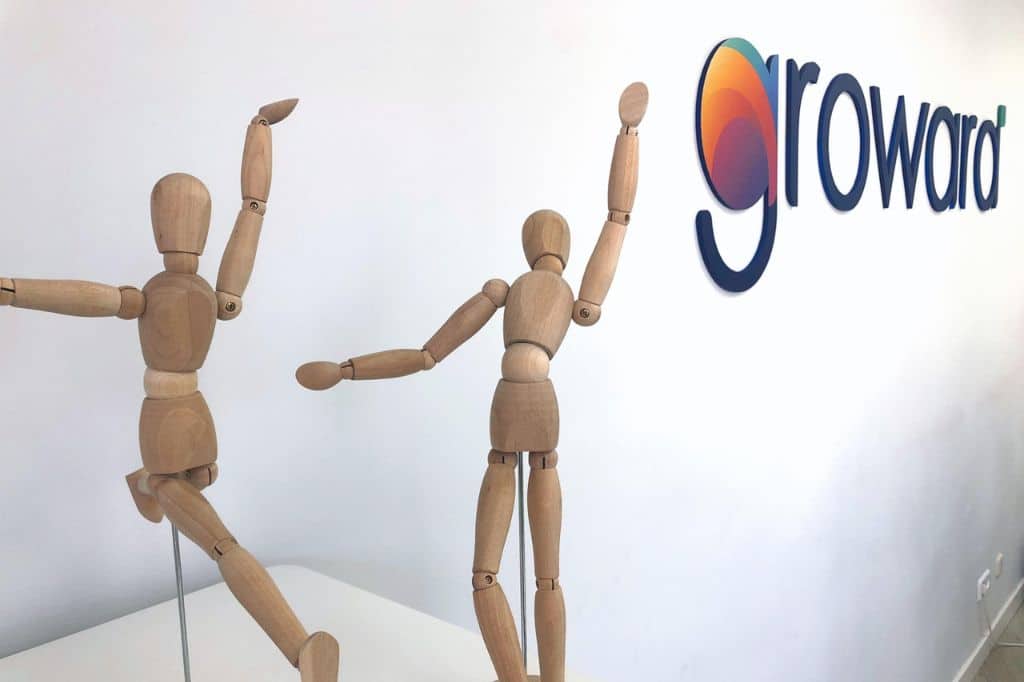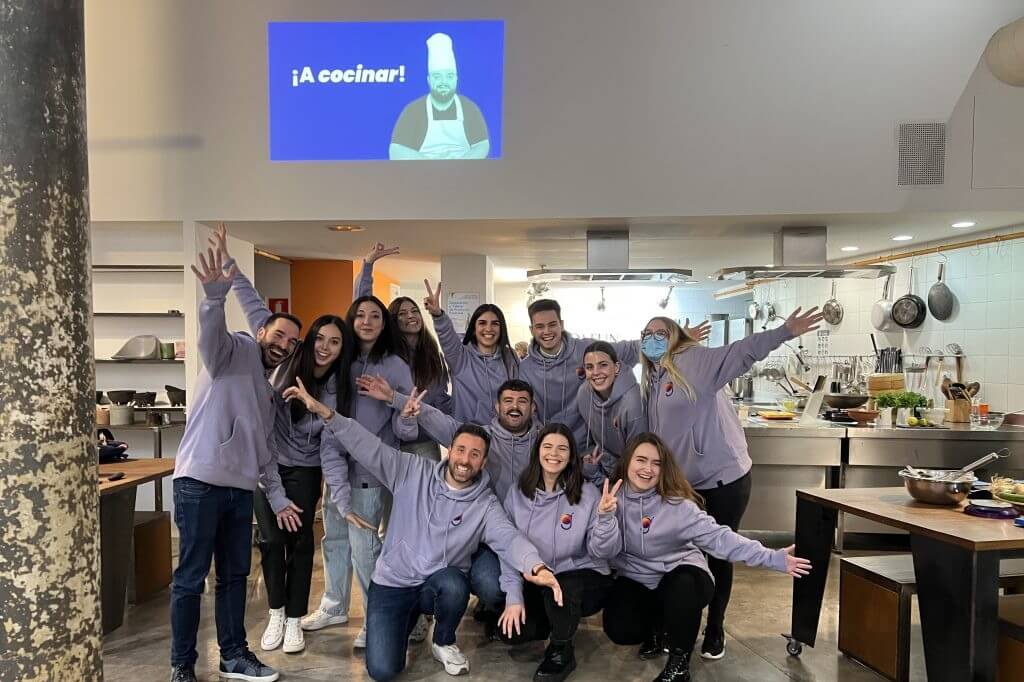Imagine starting your own startup, and doing it well. You would have to quickly start hiring more people. But managing employees implies a People strategy, so how can you do that from scratch? Julio Braceli, Founder and People Expert at Growara, tells us all the best practices on how to shape your People strategy and attract the best talent!
Julio initially founded the HR agency Growara with the purpose of helping startups develop and maintain their People strategy. “We noticed startups couldn’t find People partners that understood their language and their situation. As growing companies, our goal was to understand their very specific issues and help them through these.”
A Changing Culture: The evolution of People & Culture
A value proposition is important to start off your People strategy. However, what do you do when your employee pool grows, and more diversity enters your company? You adapt! Your value proposition and company culture should always be adaptable. And so, it’s important to measure pulse as the company grows, so you can adapt your People strategy to employee needs.
“Your value proposition should be dynamic, it shouldn’t be fixed. As your people change and new employees come in, priorities will change. If your company starts growing, your team won’t be the same in 2 months. Your company and team changes every time someone new comes in. If a toxic or kind employee comes in, they will change your organization. That’s why you need to constantly measure employee satisfaction and pulse, to understand your organization as it develops.”
Remember when we spoke about a changing company culture with María Ángeles Aguilar? Well, it’s clear Julio agrees. “I think company culture is constantly evolving because it’s made by people, and people change everyday. For example, imagine a situation like the pandemic. If your culture is so stiff that it cannot adapt to business needs, you wouldn’t survive a situation like that.”
But realistically, how are companies handling this mindset? It seems there is a will, but the bigger the company, the harder it is to find a way. “Seeing all the current hybrid work models, many companies want to become more dynamic and let go of old business customs. And it’s not a matter of changing the way we work or do things, it’s also the way we communicate and collaborate as colleagues. For example, working remotely, it’s harder for employees to have relationships on a more personal level. In this case, bigger companies struggle more. When you have a bigger pool of people, changing their mindset becomes harder. Startups are also more accustomed to quick growth and change, and so implementing this dynamic with them becomes easier.”

People Development: A way to attract new talent
Speaking of the evolution of People & Culture, the way employees develop their career has also changed. In the past, it was very common for people to stay in the same job for 10-20 years. As society has changed, people have more stimulus than ever, which means staying in a company for longer than 2 years already seems too long. And so, your People strategy and career development should reflect that.
“Companies don’t seem to understand that we live in a culture of immediacy because of the stimulus we are constantly getting. You want something, you can order it. A 4 minute video is too long. So now we can’t afford slow development. If you hire someone and you tell them they can develop their career in 4 years they will leave. So now, we have to balance what young talent is demanding with what we can provide.”
Now, we know what you may be thinking: “We can’t afford more training courses”, “We can’t promote someone that just started”. Well, let us make it easier for you:
“Young talent is demanding a more agile development, more stimulus. Gen Z multitasks, they watch TV while also watching videos on their phone. So they learn faster, and they need more action. This doesn’t necessarily imply promoting people right away, or constantly signing them up for training courses. It could be as simple as letting employees work on different tasks for a week, or exchanging roles with a colleague to try something new. Even if you’re not climbing up the ladder, you’re still improving your employability and developing your career. You have to take risks to keep your people engaged.”
This advice becomes especially important for startups. Being smaller companies, it is likely they don’t have the resources to create new roles. But they do have the capability to switch responsibilities or tasks, even if it’s just for a short period of time.
When it comes to attracting talent, offering a peek into their developmental path is also key. “You should be making sure all new candidates know what their future could look like. When they enter your company, they should be aware of however many paths there are for them, and how they can reach them long term.”
Growara is very passionate about development, and so they try to pass this onto the companies they work with. With Growara Academy, they teach company executives about best practices on managing their People strategy.

The future of People & Culture: What can we expect?
And so, with these keys, what challenges can People & Culture experts expect from the future?
On the one hand, we can expect greater development expectations: “I think the future holds lifelong learning, and so companies should allow for continuous development. Especially when it comes to technology, which keeps growing and constantly brings new challenges. And so, I think one of the challenges People & Culture professionals face is hiring people that want to be in constant development.”
And obviously, the problem we exposed earlier: the difficulty to retain talent and maintain engagement. “Another challenge is obviously retaining talent, especially with IT professionals. Nowadays, people choose where they want to work, it’s no longer the other way around. Many IT professionals receive multiple job offers on their LinkedIn profiles. And so, if you want to keep this talent happy, you have to adapt to their needs. This might imply remote work, better work-life balance, greater development opportunities, etc.”
What does this mean for startups? Well, they are fighting with big companies for the same talent. “Big corporations have great employer branding, and they’re fishing out of the same talent pool as startups. It’s obvious bigger companies will have more capacity to offer benefits, but that’s where your value proposition comes in handy. In order to compete, you need a very good value proposition.”
And so, it’s clear now that building a good people strategy means understanding your employees through and through. Nailted helps you open new channels for communication with your employees, allowing quick feedback loops so you’re always aware of your company pulse and employee needs.









